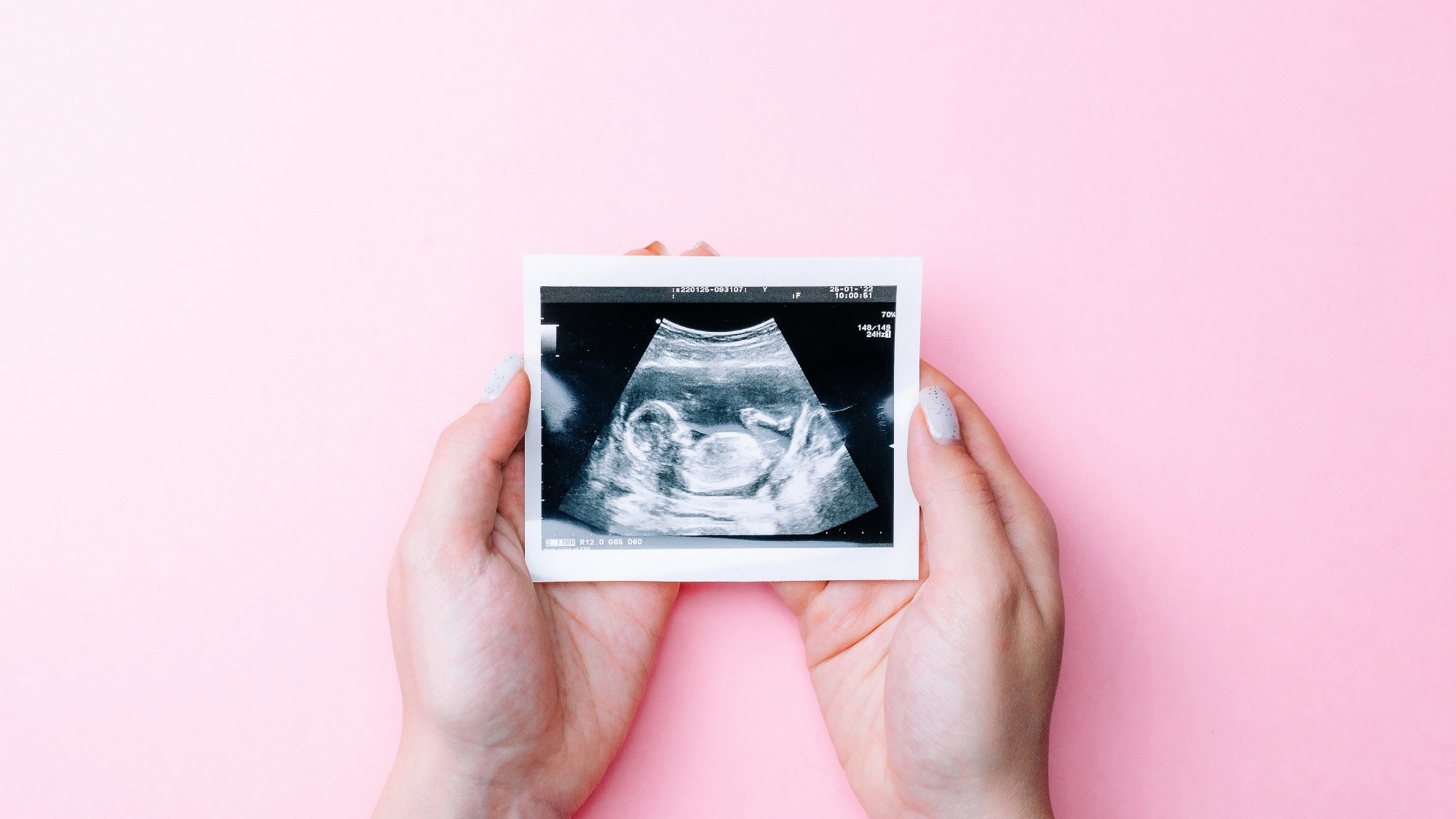Scientists have pointed out the importance of studying sex as a biological variable. However, it is not well understood how female-specific factors, such as pregnancy and menopause, affect the brain. Recently, scientists reviewed the short-term and long-term impact of pregnancy on neuroinflammation, cognition, and neuroplasticity. This review is available in the journal Trends in Neurosciences.
 Review: Beyond sex differences: short- and long-term effects of pregnancy on the brain. Image Credit: MVelishchuk / Shutterstock
Review: Beyond sex differences: short- and long-term effects of pregnancy on the brain. Image Credit: MVelishchuk / Shutterstock
The Short-term Effects of Pregnancy on Physiology
Females undergo immense physiological changes during pregnancy to support the development of the fetus. An enhancement in oxygen consumption, plasma volume, metabolic rate, and cardiac output has been associated with pregnancy. In addition, alterations in immune regulation, insulin sensitivity, and structural changes in the brain have also been observed in women during their pregnancy.
During pregnancy, the production of estrogens rises by 300 times and then suddenly declines after the expulsion of the placenta. Hormones specific to the placenta, such as estriol, placental lactogen, and relaxin, are absent outside of pregnancy. Research on the effects of these hormones is essential because pregnancy could change the course of many neurological disorders, e.g., multiple sclerosis (MS), and postnatal and postpartum depression
Pregnancy is associated with a temporary and non-uniform reduction in total brain volume, which could lead to pre-eclampsia, a common pregnancy complication. It has been observed that the amygdala, prefrontal cortex, cortical thickness of the prefrontal cortex, and hypothalamus increase from soon after birth to 12–16 weeks postpartum. On the contrary, regions such as the cerebral cortex, hippocampus, and ventral striatum shrink two months postpartum. Surprisingly, reductions in gray matter have not been associated with cognitive scores, although 80% of females have reported cognitive impairments during pregnancy and postpartum.
Changes in temporal coherence in the default mode network during pregnancy have been observed in humans. Immune signaling fluctuates dramatically during pregnancy and normalizes a few weeks after birth. Fetal sex plays an important role in determining inflammatory profiles, although this issue is under-researched in the literature. Furthermore, higher levels of interleukin 6 (IL-6) and IL-1β have been observed across the hippocampus and medial frontal cortex in the early postpartum. Overall, in humans, pregnancy leads to alterations in the brain and whole-brain volume reduction, which reverses 6 months after pregnancy.
The Long-term Effects of Pregnancy on Physiology
Prior pregnancy has been associated with lower estradiol levels and shorter menstrual cycles in middle age. Also, increased parity appears to be correlated with increased obesity in middle-aged postmenopausal women. A history of pregnancies is also associated with longevity, and several mechanisms could drive this relationship, such as cardiovascular health and the rate of cellular aging (telomere length)
Previous pregnancy could affect neuroplasticity in middle age. Research using the ‘BrainAGE’ algorithm documented that women who previously gave birth had ‘younger-looking’ brains in middle age compared, in comparison to those who never gave birth. Interestingly, older males with previous fatherhood experience showed physiological changes that have been associated with increased social cognition and empathy.
Based on insights derived from rodent-based studies, scientists stated that reproductive experience is correlated with reduced brain aging in humans and increased levels of synaptic proteins and neurogenesis in the hippocampus of rodents in middle age. In these studies, it was observed that reproductive experience reduced the number of brain and peripheral cytokines long after giving birth. Parity could confer an anti-inflammatory and a protective environment in the long term. However, more research is needed to understand the role of other factors, such as the amount of parity and fetal sex.
The effect of reproductive experience on long-term cognition is unclear due to confounding effects of cognitive tasks being used, amount of parity, and so on. An inverted U-shaped effect of parity on global cognition has been documented, with women who had 1-4 pregnancies performing better than those with grand parity or nulliparity. Parity could also affect long-term cognition based on the age of the first pregnancy and the duration of breastfeeding.
Complications during pregnancy could increase the risk of dementia, cardiovascular disease, stroke, and type 2 diabetes. Hypertensive disorders of pregnancy have been associated with an increased risk of stroke. The prior reproductive experience could also increase the risk of Alzheimer’s disease (AD). However, this is not a unidirectional result, as studies in Asia have shown that nulliparity increases dementia risk, while European and Latin American studies have shown that grand parity increases dementia risk.
According to the healthy cell bias theory, estrogens could have a neuroprotective effect in healthy individuals but be detrimental in individuals with disease. This could explain the inconsistencies in the effects of parity on dementia risk. Gestational disorders, such as gestational diabetes, may counteract the protective effects of pregnancy and/or exacerbate AD risk. The pathological mechanisms of gestational diabetes are not fully understood, but variants of genes associated with heightened AD risk are also associated with gestational diabetes. In sum, this suggests that prior reproductive experience changes the risk of many anomalies that are exacerbated by the presence of gestational disorders.